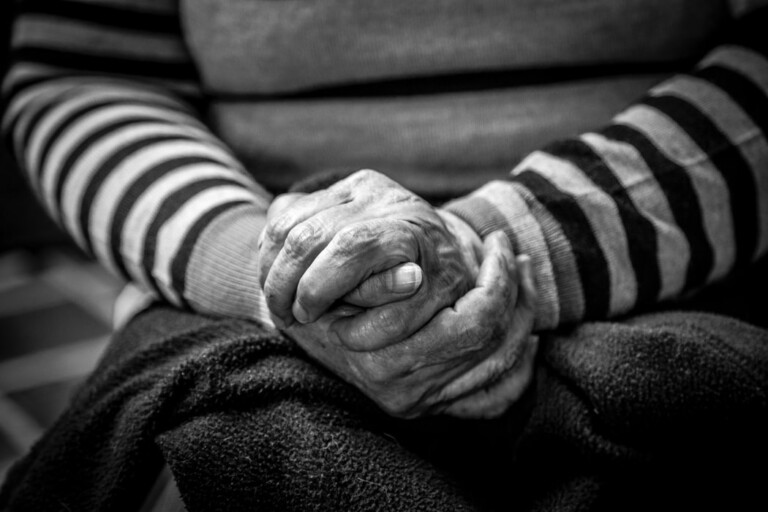Section 241(b) of the Criminal Code provides that anyone who aids or abets a person to commit suicide, whether suicide ensues or not, is guilty of an indictable offence and liable to imprisonment for a term not exceeding 14 years. Under Section 241(b), physician-assisted suicide is also prohibited. The Supreme Court of British Columbia recently ruled in Carter v. Canada (Attorney General) [Carter] that Section 241(b) is unconstitutional because suicide itself is not illegal and the provision infringed on the equality rights of people who were mentally competent but were grievously and irremediably ill and physically disabled, or soon to become so, so that they were unable to commit suicide without assistance.
In Carter, Ms. Taylor is a 64 years old woman and suffers from Lou Gehrig’s disease, which is a disease of the nerve cells in the brain and spinal cord that control voluntary muscle movement. As the disease progresses, she will eventually lose the ability to breathe on her own. Ms. Taylor sought the availability of physician-assisted death as an option in the event that life became unbearable. The Court declared Section 241(b) of the Criminal Code to be invalid with operation of the declaration suspended for one year to give the lawmakers time to change the legislation. Meanwhile, the Court granted Ms. Taylor a constitutional exemption to avail herself of physician-assisted death subject to certain conditions. The conditions are as follows:
- It must be a physician-assisted suicide by a medical practitioner in the context of a physician-patient relationship;
- The patient seeking physician-assisted suicide must be a fully informed and non-ambivalent competent adult who:
- is free from coercion and undue influence,
- is not clinically depressed and who personally (not through a substituted decision-maker) requests physician assisted death, and
- is materially physically disabled or is soon to become so, has been diagnosed by a medical practitioner as having a serious illness, disease or disability, is in a state of advanced weakening capacity with no chance of improvement, has an illness that is without remedy as determined by reference to treatment options acceptable to the person, and has an illness causing enduring physical or psychological suffering that is intolerable to that person and cannot be alleviated by any medical treatment acceptable to that person.
When ultimately the law is clarified for the members at large, either by Parliament or through appeal, the following are points to be borne in mind from the estate perspective:
- Such assisted suicide is limited to physician-assisted suicide by a medical practitioner in the context of a physician-patient relationship. As such, even if one of the patient’s family members is a medical practitioner, that family member cannot assist with the patient’s suicide. The criminality of assisted suicide beyond physician-assisted suicide by a medical practitioner in the context of a physician-patient relationship remains. This means that a family member who assists another family member to commit suicide will lose the right to inherit from the estate of the latter because of the public policy precluding a person from inheriting from an estate on the basis that the potential beneficiary should not benefit from the crime.
- Such physician-assisted suicide can only be requested by the person personally. This means that an attorney under the Power of Attorney cannot make a request on behalf of the grantor for a physician assisted suicide.



